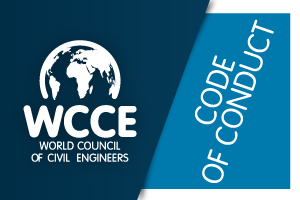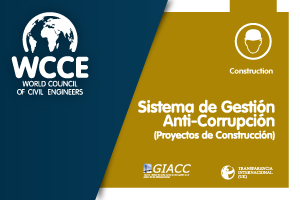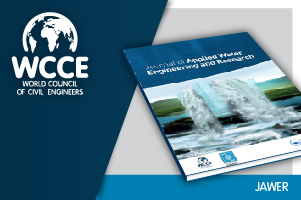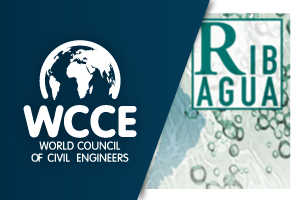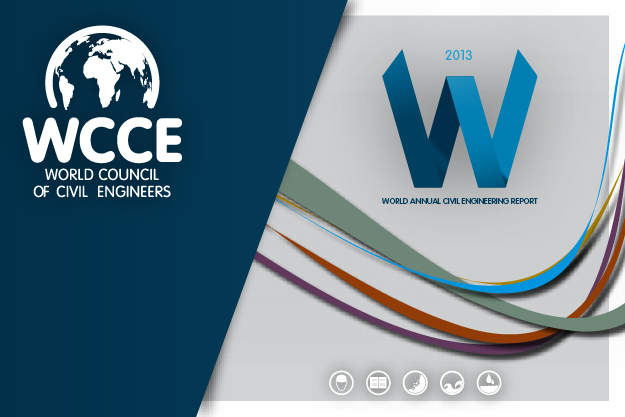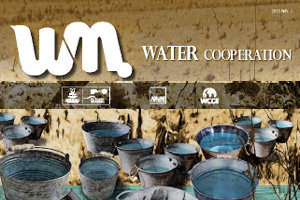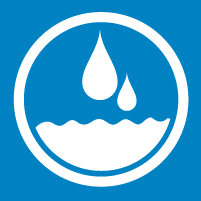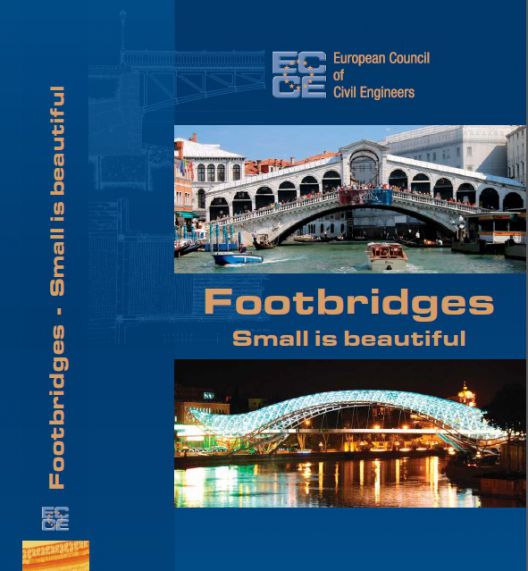On September 9, 2013 the representatives of seven associations dealing with different aspects of water issues held a meeting in Chengdu, China to discuss ways to collaborate on ways to enhance water security around the world. The seven associations represented in the meeting were:
- International Association for Hydro-Environment Engineering and Research (IAHR)
- International Association of Hydrological Sciences (IAHS)
- International Commission on Large Dams (ICOLD)
- International Water Resources Association (IWRA)
- International Commission on Irrigation and Drainage (ICID)
- World Association for Sedimentation and Erosion Research (WASER)
At the conclusion of the meeting the Presidents of these seven associations signed a Declaration on Water Security, stating the goals of their collaboration. Those at the meeting agreed to continue collaborating as a working group towards the goals of the
![]() Water Security Declaration
.
Water Security Declaration
.
 Proinversión agency will award four major contracts in autumn regarding sanitation and water treatment in the departments of Lima y Libertad. Proinversion Promotion Agency for Private Investment in Peru, expects to award next month from October 3 major contracts for sanitation and wastewater treatment in the department of the nation's capital, Lima.
Proinversión agency will award four major contracts in autumn regarding sanitation and water treatment in the departments of Lima y Libertad. Proinversion Promotion Agency for Private Investment in Peru, expects to award next month from October 3 major contracts for sanitation and wastewater treatment in the department of the nation's capital, Lima.
Furthermore, Proinversión expects to finalize by late November the bidding process of another ambitious project of construction and maintenance in the North of the country, particularly in the department of Libertad: This is the third phase of channel development will lead water from the Santa River to the north of the city of Trujillo, over 250 kilometers.
Further information: http://www.proinversion.gob.pe/
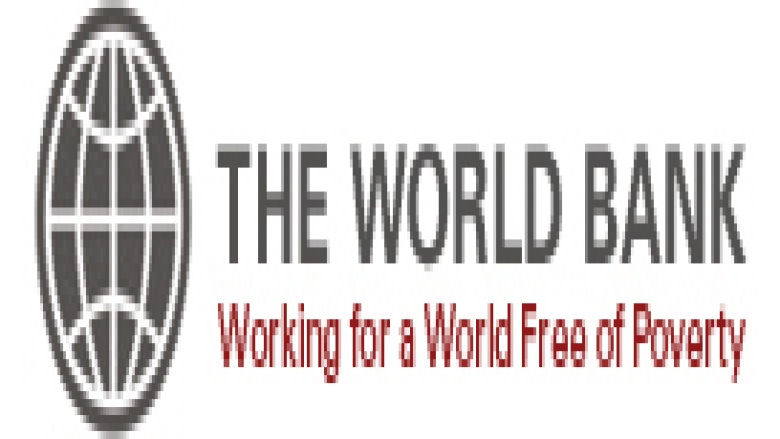 WASHINGTON, May 21, 2013 – The World Bank launched today Phase II of its Water Partnership Program (WPP), a joint partnership between the World Bank and the Governments of several other countries with an initial contribution of US$40 million.
WASHINGTON, May 21, 2013 – The World Bank launched today Phase II of its Water Partnership Program (WPP), a joint partnership between the World Bank and the Governments of several other countries with an initial contribution of US$40 million.
Building on past successes, Phase II represents a bolder effort to strengthen the role of water as a key platform for development and growth, and to support the World Bank’s vision for water. Working at the nexus of water with food, energy, environment, and human development, Phase II will help countries to become resilient to climate change and achieve their development objectives by improving water management and water services.
“Water is the primary medium through which climate change will impact people, economies, and ecosystems”, said Rachel Kyte, Vice President of the World Bank’s Sustainable Development Network. “In this context, the challenge of water security is greater than we think. If we do not act now, hundreds of millions of people will be at greater risk of food and energy shortages, disease and poverty. This new phase of our Water Partnership Program will enable us to be more proactive in offering smart, innovative solutions to help countries build resilience and protect their people and economies.”
 On 11 February 2011, the UN General Assembly, in its resolution 65/154, decided to proclaim 2013 International Year of Water Cooperation. Resolution 65/154 calls on the United Nations system and all other actors to take advantage of the Year to promote actions at all levels, including through international cooperation, as appropriate, aimed at the achievement of the internationally agreed on water-related goals contained in Agenda 21, the Programme for the further Implementation of Agenda 21, the United Nations Millennium Declaration and the Johannesburg Plan of Implementation, as well as to increase awareness of their importance.
On 11 February 2011, the UN General Assembly, in its resolution 65/154, decided to proclaim 2013 International Year of Water Cooperation. Resolution 65/154 calls on the United Nations system and all other actors to take advantage of the Year to promote actions at all levels, including through international cooperation, as appropriate, aimed at the achievement of the internationally agreed on water-related goals contained in Agenda 21, the Programme for the further Implementation of Agenda 21, the United Nations Millennium Declaration and the Johannesburg Plan of Implementation, as well as to increase awareness of their importance.
 This has been one of the main subjects of the 6th World Water Forum, “Time for Solutions”, held in Marseille, France, last March. Ensuring that sufficient financing is mobilised in order to reach ambitious targets and objectives for the water sector is absolutely critical. In many countries, the investments needed to deliver sustainable water and sanitation services, expand their coverage and upgrade service delivery to meet current social and environmental expectations, are huge.
This has been one of the main subjects of the 6th World Water Forum, “Time for Solutions”, held in Marseille, France, last March. Ensuring that sufficient financing is mobilised in order to reach ambitious targets and objectives for the water sector is absolutely critical. In many countries, the investments needed to deliver sustainable water and sanitation services, expand their coverage and upgrade service delivery to meet current social and environmental expectations, are huge.
Throughout the world, the challenges of providing access to safe water and sanitation are further accentuated by increasing demands from other water uses due to factors such as population increase, pressures to increase food production, rapid urbanisation, degradation of water quality, and increasing uncertainty about water availability in the context of climate change.
Addressing these challenges will require both large capital investments for new or upgraded infrastructure, on-going investments in operations and maintenance and funding of critical “soft” activities, such as governance reforms or capacity building.
The benefits from such investments for society are substantial. Yet, most systems are underfunded with dire consequences for water and sanitation users, especially the poorest.


